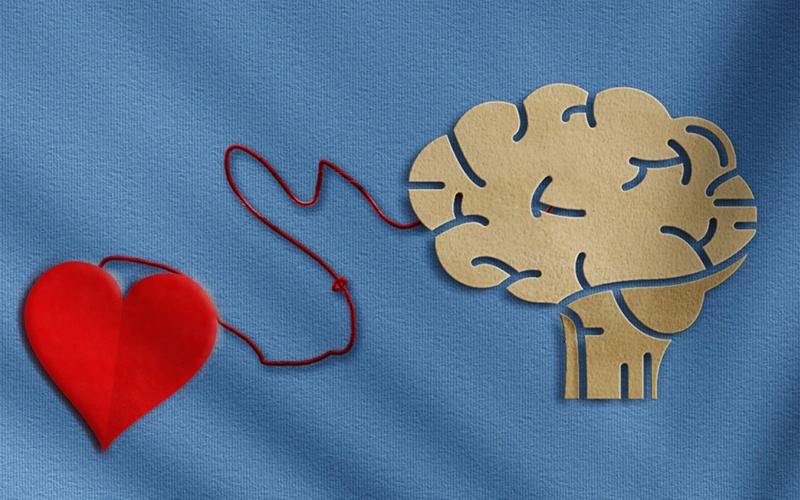Understanding Distress Tolerance and Its Importance
Distress tolerance refers to the ability to withstand negative emotional states. It encompasses the capacity to endure emotional discomfort and continue functioning effectively despite experiencing distress. High distress tolerance is associated with better mental health outcomes, while low distress tolerance can lead to increased vulnerability to psychological issues. Developing distress tolerance is crucial for maintaining emotional balance and resilience in the face of life challenges.
Tolerance: Managing the Unbearable
One key aspect of distress tolerance is the ability to bear feelings of distress or upset without being overwhelmed. People with high tolerance can accept and endure negative emotions, recognizing that these feelings are a normal part of life. Conversely, those with low tolerance might find these emotions unbearable and seek to avoid or escape them. This avoidance can lead to maladaptive coping mechanisms and exacerbate emotional distress. Learning to tolerate and accept discomfort can significantly improve emotional resilience and overall well-being.
Absorption: Controlling Emotional Overwhelm
Absorption refers to the degree to which distressing emotions dominate one thoughts and disrupt daily functioning. High absorption means that these emotions take over, making it difficult to focus on other tasks. Reducing absorption involves learning to manage attention and not let distressing emotions completely take over. Techniques such as mindfulness, grounding exercises, and cognitive-behavioral strategies can help individuals regain control over their thoughts and reduce the impact of distress on their daily lives.
Appraisal: Accepting Emotional Experiences
Appraisal involves how individuals evaluate and perceive their distressing emotions. Negative appraisals can increase the intensity and aversiveness of these emotions, making them harder to manage. People with positive appraisal skills can accept distressing emotions as a normal part of life without feeling ashamed or overwhelmed. Developing a more accepting attitude towards emotional discomfort can reduce its negative impact and enhance emotional resilience. Practicing self-compassion and cognitive restructuring can help individuals shift their perspective and improve their appraisal of distressing emotions.
Regulation: Balancing Immediate Reactions
Regulation refers to the actions individuals take to manage their distressing emotions. High regulation involves taking immediate steps to alleviate discomfort, which can sometimes lead to avoidance behaviors. Finding a balance between regulation and acceptance is key to managing distress effectively. Techniques such as mindfulness, cognitive-behavioral strategies, and relaxation exercises can help individuals develop a balanced approach to managing distress. Recognizing that distressing emotions are temporary and learning to tolerate them can reduce the need for immediate regulation and improve overall emotional resilience.
Enhancing Distress Tolerance
Improving distress tolerance involves developing skills to manage and accept emotional discomfort. Techniques such as mindfulness meditation, cognitive-behavioral strategies, and self-compassion can help individuals build resilience and reduce the impact of distress on their lives. Engaging in regular self-care activities, maintaining a support network, and seeking professional guidance can also enhance distress tolerance. By developing these skills, individuals can improve their emotional resilience and overall well-being, making it easier to navigate life challenges.
The Importance of Self-Assessment
Understanding your level of distress tolerance can provide valuable insights into your emotional resilience and coping strategies. By assessing your ability to handle distressing emotions, you can identify areas for improvement and develop targeted strategies to enhance your emotional well-being. Engaging in self-assessment can help you become more aware of your emotional responses and take proactive steps to manage distress more effectively. By improving your distress tolerance, you can build a stronger foundation for mental health and emotional resilience.
Taking the time to evaluate your distress tolerance is a crucial step towards enhancing your emotional well-being. By understanding your strengths and areas for improvement, you can develop targeted strategies to manage distressing emotions and improve your overall resilience. Remember, building distress tolerance is a gradual process that requires patience and practice. With the right tools and support, you can enhance your ability to handle life challenges and maintain a balanced, fulfilling life.



